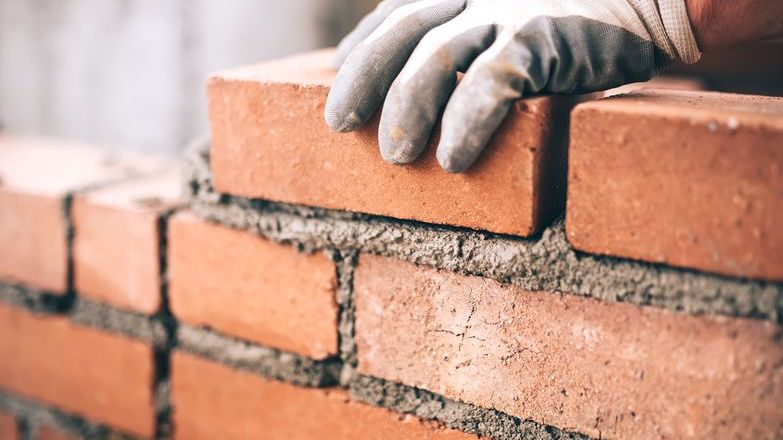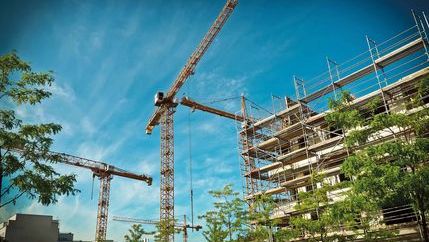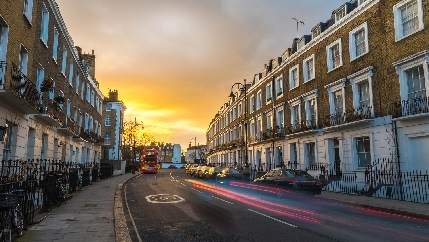
In his statement, the Chancellor described the current situation as an ‘economic emergency’, with forecasts showing the economy shrinking by 11.3 per cent and unemployment reaching 2.6 million by the middle of 2021.
To help abate the impact of the economic downturn, Mr Sunak announced that the UK Government would spend £280 billion this year, with a focus on jobs, businesses and public services. There will be pay rises for nurses, doctors and low-income public-sector workers as well as a raise to the national living and national minimum wage. More funding will also be provided for new hospitals, schools and social care.
£20 billion of investment for housing
There were large sums promised for projects in housing and infrastructure, including a new £4 billion “levelling up fund” where local areas can apply for funding for projects up to £20 million. The Chancellor said this was intended for infrastructure that will improve the day-to-day lives of the local population, for example upgrading railway stations and improving high streets and town centres.
Specifically, for housing there will be £20 billion of investment underpinning the Government’s long-term housing strategy, this includes £7.1 billion for the National Home Building Fund and £1.1 billion to make homes and buildings net-zero emissions, ready for future environmental targets.
Future recovery
As part of the forecasts provided by the Office for Budget Responsibility (OBR), published alongside the Spending Review, there were some predictions of how the economy will recover over the coming months, with the Chancellor describing it as ‘V-shaped’.
When factoring in the expected easing of restrictions, OBR predict that the economy will recover by 5.5 per cent next year and 6.6 per cent in 2022, with the economic output getting to the same levels as before the pandemic by Q4 2022, albeit with “lasting damage” as longer term forecasts predict the economy to remain 3 per cent smaller than what was expected before the pandemic.
No news on the Stamp Duty Holiday
Those hoping for an update on the Stamp Duty Holiday were left wanting as the Chancellor opted not to use his time at the despatch box to provide an update on the possibility of an extension.
Propertymark have been campaigning for an extension to the Stamp Duty Holiday in order to provide a boost to the economy and to ease pressure on the sector rushing to hit the 31 March 2021 deadline after record breaking activity over the summer and autumn.




